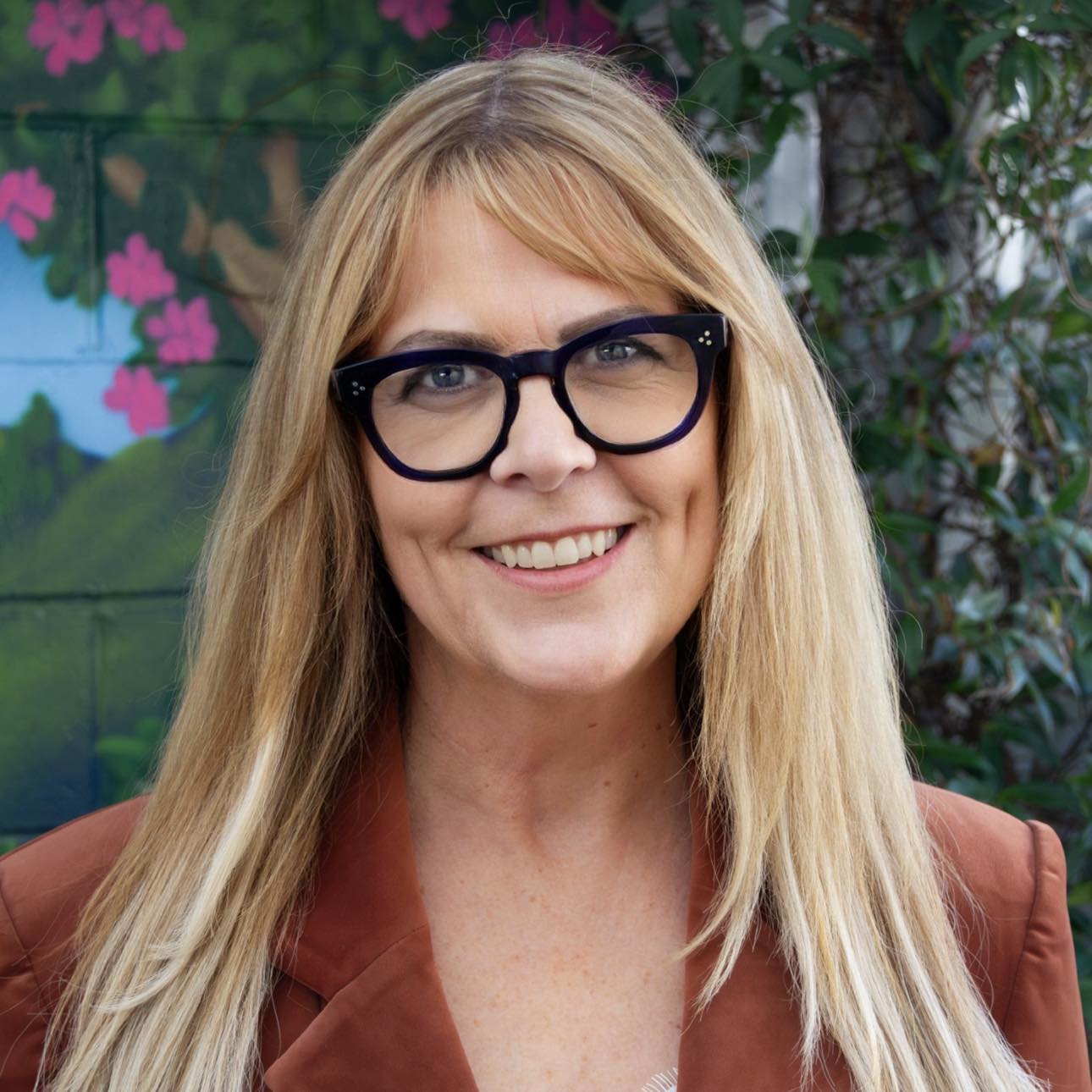
Meeting Topic
How being ‘in the zone’ boosts your performance and your resilience By Sharon Spence & Suzie Marsden
Can you describe the feeling of being ‘in the zone’?
For most people they have a sense that time disappears. Things just click, feel right and easy. They describe feeling deeply focussed and completely in the moment. They lose any sense of self-consciousness. They talk about feeling energised, even a bit joyful. Sounds good doesn’t it?!
Psychologists call this ‘flow state’.
So what?
It’s not something we typically think about, but we should. There is a well documented correlation between flow state and high performance. We all want to run successful businesses. We should know what has us in the zone.
It’s also great for our mental and physical wellbeing to be doing flow state activities. When we’re doing work that has us ‘in the zone’ we’re more likely to be happier and more resilient.
Equally, when we’re not in the zone, it can lead to us feeling bored and unmotivated and if we do these activities too often it can lead us into a depressive and depleted state.
I doubt there are many, if any, jobs that would have us 100% in the zone but if we understand when we’re ‘in the zone’ a bit better, we can use that to make choices about the type of work we dial up.
Likewise when we recognise when we are definitely NOT in the zone, we can try to minimise the amount of time we are doing these activities or even outsource them (a referral to another Venus member perhaps?!)
How can I identify when I’m In or Out of the Zone?
According to positive psychologists Mihaly Csikszentmihalyi and Jeanne Nakamura who popularised the idea, flow happens when we are challenged by the activity (the sweet spot where it is not too easy nor too difficult) and we’re using skills we enjoy using.
Everyone’s flow state will be different so we suggest keeping an ‘in the zone’ and ‘out of the zone’ diary for a while. It could simply be making notes on your phone over a period of time, e.g. three or four weeks, about each activity and teasing out what you liked about the activity (or didn’t).
Your friends for this mission are what, where, when, who and how. Let us explain;
What
Note down any time you catch yourself feeling in the zone or conversely when you’re doing something that makes sticking pins in your eyes a somewhat attractive alternative.
This is the ‘what’. Don’t stop there though, you want to dig deeper and take note of;
Where
Where are you? – is it a quiet place or is it buzzing; inside; outside; what are the conditions? Is it light filled, is it cosy etc?
When
When did you have this feeling? – time of day, day of the week or any other time consideration
Who
Who, if anyone, are you with? Describe your relationship to them – close friends, team members etc. What role are you playing? What role are they playing?
How
How are you doing this activity? E.g are you using your hands? Does it require specific skills? Notice the details.
We’ve found that giving this topic a decent amount of focus will help you identify, not only the times you’re in flow state but you may also notice some common themes emerging or conditions that have you in the zone – e.g. it may be you need quiet, solo time to be most productive or when you’ve got a complex problem to solve, or you love to brainstorm with a small group of others to get your creative juices flowing.
 Print This Post
Print This Post
Knowing this will help you find or set up activities that will have you more often in flow state and we believe that will lead to a more productive and happier you.
Sharon and Suzie run amp’d. They help people with career coaching and career planning programmes so they can find their way to work they can love. This activity is one of the activities they use to help people understand themselves better before thinking about job choices.
You can find out more about them at their website: https://www.ampdcareers.com/
Next Meeting Topic
Intro to meeting topic:
Nobody likes to think of ‘the worst’ happening in our businesses, but sometimes it does. So, it pays to pull our heads out of the sand and create our backup plan! Below are some fantastic things to think about (and get sorted) NOW if you haven’t yet! Share your thoughts on the list below with your group – do have anything you would add to it?
The Importance of Planning for the Unexpected – a guide for business owners By Gemma McDougall
Have you ever considered what would happen to your business if you were suddenly not around? It’s a chilling thought yet as a business owner it’s something you need to plan for.
Here’s a scenario to ponder. A sole trader suddenly passes away and the bank, as part of their usual process, freezes the business account. This means no-one can access the money until probate is granted which could take two to three months. In the meantime, the business has staff and creditors to pay, and the business owner’s family must find the money from elsewhere…as well as figure out what to do with the business. It’s a stressful scenario at an already difficult time – but one that can be avoided.
Whatever size your business is, here are some things to consider when it comes to planning for the unexpected:
- Identify what type of business structure you have i.e., a sole trader, company with one director, company with multiple directors or partnership. Understand what this means for you and if it’s still the right structure for your business. This will influence the type of plan you need.
- Make sure you have an Enduring Power of Attorney for Property (Property EPA) in place. Every business owner regardless of what business structure you have should have a Property EPA that nominates a person to step in and look after your business for you if you can’t – i.e., a decision maker and financial manager for your business.
- A Property EPA should be paired with a Will that is specific to your circumstances and appoints an Executor to deal with your business after your death. For a sole trader this will usually mean appointing someone to wind up your business. For a company this could mean appointing someone to step in and run the business until it can be transferred to your family or sold.
- Write a business continuity plan. Ask yourself, if I’m not here, what does someone need to know about my business? It’s about getting things out of your head and onto paper, such as who your accountant or lawyer are, who your insurance is with, how the business operates etc. Think of this as the blueprint for your business.
- If you have a business partner, a written shareholder or partnership agreement is essential. This will cover what happens if the other is no longer around such as the purchasing of shares, the process for this and who will run the business in the meantime.
I’ve seen what happens when people don’t have the right documents in place. Put simply, it can get messy, be costly and take a long time to sort.
By working through this now and having your wishes documented, it makes things much simpler for your family to deal with if something happens to you.
To learn more about how I can help you with business succession planning and personal estate planning, email me at gemma@gemlegal.co.nz




